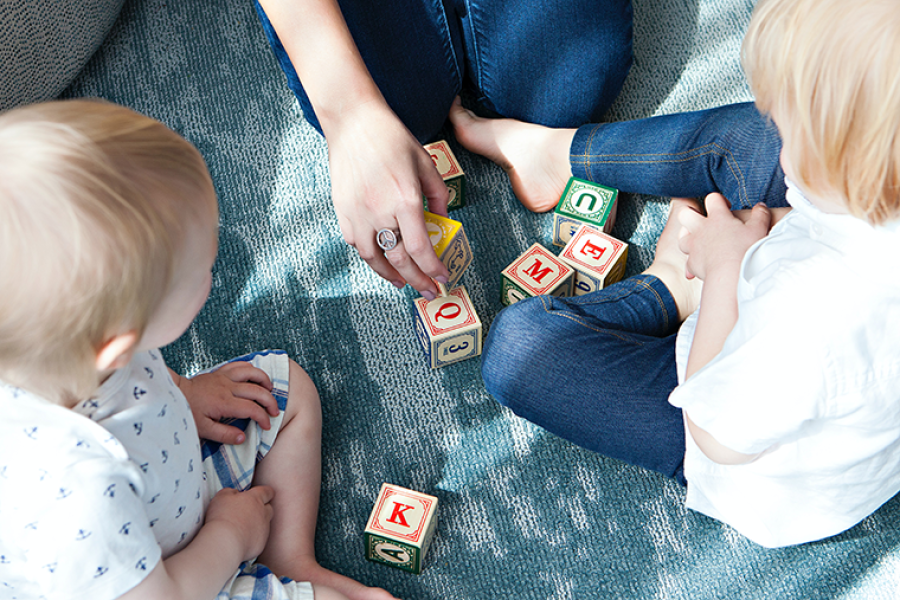
Search
Gendered parenting and the intergenerational transmission of gendered stereotypes: Evidence from the Growing Up in New Zealand survey

Published: 2022
Authors: Livvy Mitchell, Isabelle Sin, Maanaima Soa-Lafoai , Colleen Ward
This research shows parents are largely not to blame for economic inequality between men and women in Aotearoa New Zealand. Other factors in society, outside parents’ control, are contributing more to ongoing harmful economic gender inequality, meaning men have better economic outcomes than women.
This research investigates if gender attitudes and inequality in Aotearoa are passed down the generations from parents to children. This research used data from children up to age eight and their parents who are part of the Growing Up in New Zealand long term research project.
Parents in Aotearoa generally treat their boy and girl children the same. However, the small differences we did see in parents’ treatment of boys and girls could contribute to inequality between genders and children’s understanding of gender stereotypes, but they are not the main cause.
Overall, the differences in parenting of younger boys and girls aren’t big enough to fully explain the gender inequality in Aotearoa. This indicates other factors in society, outside parents’ control, are contributing more to ongoing harmful gender inequality.
Parents alone cannot end the cycle of harmful gender inequalities, particularly since they are often pressured to parent within society’s gendered norms.
Examples of gendered parenting the researchers saw tended to be greater amongst parents who themselves are in a traditional relationship. Also, gender stereotypes are passed on more strongly by adults who themselves embody stereotypical gender roles and traits.
Addressing society’s norms would likely have positive effects, including helping parents to treat boy and girl children more equally without feeling constrained by social pressures.
DOI: doi.org/10.29310/WP.2022.10
Citation
Mitchell, Livvy, Isabelle Sin, Maanaima Soa-Lafoai and Colleen Ward. 2022. “Gendered parenting and the intergenerational transmission of gendered stereotypes: Evidence from the Growing Up in New Zealand survey”. Motu Economic and Public Policy Research. Wellington, New Zealand.
Funders
Ministry of Social Development


Level 1, 97 Cuba Street, PO Box 24390
Wellington 6142, Aotearoa New Zealand
Media enquires: 021 837 966
Phone: 04 939 4250
 Back to main menu
Back to main menu
